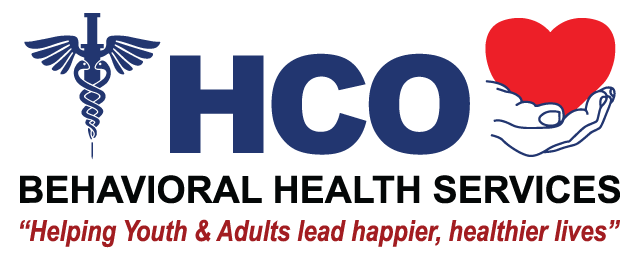10 Practical Ways To Reduce Stress In Your Life And At The Office
Stress can be a killer to any business professional. It can wear you down, burn you out and create more worry that is necessary on a daily basis. Taking some time for yourself to help reduce the stress you are feeling can make you more productive at work, as well as help you develop your work-life balance.
According to a December 2017 Gallup Poll, 44% of people frequently feel stress during their daily lives, and 41% say that they lack the time to do what want to. As persistent stress can be detrimental to your health and wellbeing, taking the measures necessary to decrease its effects is imperative.
Below, 10 members of Forbes Coaches Council share the one practical strategy that a modern professional can easily incorporate into their life to reduce stress. Here is what they recommend you do:
1. Set Clear Boundaries
Setting clear boundaries is so very important for reducing stress. Once boundaries are set, communicate them to your supervisor, colleagues, direct reports, family and friends, so they are aware of your boundaries and more importantly, can help hold you to them. Set regular work hours, leave work at work, don't check email at home and remember that your job is just that — a job! - Kyle Elliott, MPA, CHES, Kyle Elliott Consulting
2. Get Rid Of 'To Do' Lists
One effective strategy to reduce stress is to eliminate “to do” lists and live by your calendar. “To do” lists don’t reflect the reality of what you have time for. When you live by only doing what you have scheduled on your calendar and delegating the tasks that don’t fit, you avoid stress and being overwhelmed by not overcommitting yourself to errands, meeting and work that you don’t have time for. - Angel Santos, Grow My Brand
3. Prioritize Based On Urgency And Importance
One practical strategy that modern professionals can easily incorporate into their life in order to reduce stress is by implementing Stephen Covey's Time Management Matrixand identifying tasks by their urgency and importance. Do what is urgent and important, delegate what is urgent and not important, date what is important and not urgent, and drop what is not urgent and not important. - Dr. Sharon H. Porter, Perfect Time SHP LLC
4. Check In With Your Inner Self
Meditation and reflection are critical for stress reduction. While the world is moving a mile a minute, take the time to check in with your inner self. Check your internal vitals and feel the rhythm of your pulse. You are alive and you must be well. Take the time to breathe, acknowledge and affirm what you want for your life. If anything does not fit, remove the stress and keep moving forward. - Laura Hinds, Women's Luxury Guild
5. Stay Present
A practical strategy is to be clear on what uniquely qualifies you to succeed and proudly promote it. Stay present and do your best. - Machen MacDonald, ProBrilliance Leadership Institute
6. Check Your Ego
Stress comes from a place where the things we want are not turning out to be what we envisioned them to be. It could be a decision that we have made, or it could be a decision that we have yet to make. Stress comes from a place of anxiety. Right in the the middle of the word “anxiety” is the letter “i.” It's all about what you want. We can reduce stress by doing a check on our ego. - Lu Xanne Boon, Mindvalley
7. Focus Only On What You Can Control
Know what you can control and what you can’t. Not sure? Try this: Place the palm of your hand on the tip of your nose — anything and everything beyond your hand, you can’t control! I know this sounds easier said than done, but: The sooner you focus on your own actions, reactions and responses, the sooner you’ll be on your way to reducing stress in your life. - MJ Impastato, H2H Systems
8. Meditate And Stay Positive
First of all, try mindfulness meditation. Be aware of your breathing and relax at least 15 minutes a day. If you can't fit that in, be mindful of the soles of your feet when you walk. If you can't fit that in, breathe deeply at red lights. Second, don't predict a dreadful outcome. Anxiety is a lousy insurance policy and doesn't really prepare you for the worst. It has exclusions and high deductibles. - Janet Britcher, Transformation Management LLC
9. Focus On Experiences That Fuel Mindfulness
Do great leaders thrive on constant pressure? Actually, no. Too many leaders slip into destructive patterns taking themselves and those around them down. Power stress isn't sustainable for leadership effectiveness. We can moderate stress through intentional experiences of renewal that fuel mindfulness, hope and compassion. Successful leadership is a long game that requires living on purpose. - Cari Coats, Accendo Leadership Advisory Group
10. Have A Talk With Your Future Self
You should try meditating on having a conversation with your future self. Your future self will always tell you whether what you are stressing about currently is really going to matter in the long term. It brings a fresh perspective that you may not have in your current state or situation. - Manpreet Dhillon, Veza


